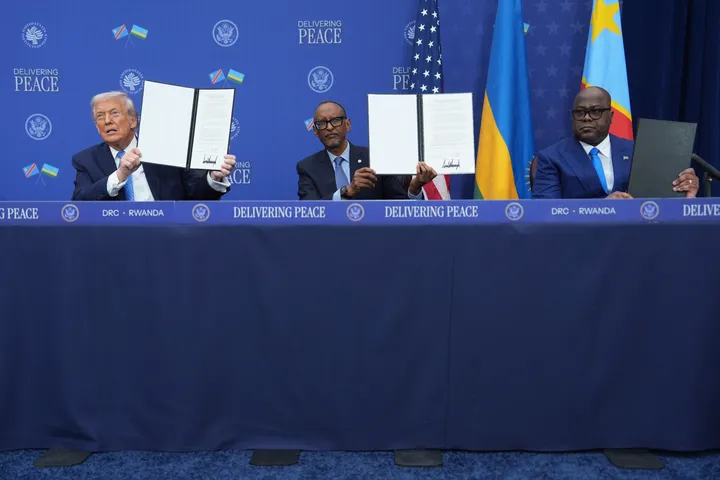By Brian Okoth
A shortage of pilots in Tanzania has forced the country to hire foreigners at exorbitant costs, the Tanzania Civil Aviation Authority (TCAA) has said.
To address the labour gap, the agency has now been forced to start a pilot training programme, Hamza Johari, the Director General of TCAA, said during an international trade fair in Dar es Salaam on Friday.
“Our companies are forced to poach pilots from other companies. This has led to relying on hiring from outside the country, which is an expensive affair,” said Johari.
“We have now launched clubs in schools to encourage people to take up science subjects and increase the number of experts in the aviation sector.”
TCAA says there are at least ten people currently undertaking a pilot training programme sponsored by the agency.
Tanzanian government records show it costs an average of $50,000 to fully train a pilot in the country.
Higher number of foreign pilots
As at 2021, the East African nation had a total of 562 registered pilots, out of whom 321 (57.1%) were foreigners and 241 (42.9%) locals, data by the Tanzania Government Flight Agency (TGFA) shows.
The neighbouring Kenya had 8,441 registered pilots as at March 2022, the Kenya Civil Aviation Authority (KCAA) records show.
There are at least 12 Tanzanian airlines, with nearly all of them operating domestic or regional flights only.
The national carrier, Air Tanzania, which was founded in 1977, has faced years of turbulence and losses.
It has, however, improved its activity in the international arena of late, acquiring the country’s first-ever cargo plane in June this year.
The airline, which owns 12 aircraft, has also increased the number of destinations it serves domestically and internationally to 26.
New routes
Some of the new routes Air Tanzania seeks to fly to are London (UK), Dubai (UAE), Muscat (Oman), Accra (Ghana), Lagos (Nigeria), Juba (South Sudan) and Lilongwe (Malawi).
The airline’s Chief Executive Officer Ladislaus Matindi told a parliamentary committee in May 2023 that the average number of travellers using Air Tanzania monthly had increased from 4,000 in 2016 to 90,000 in 2023.
Due to the increased routes, the company has hired more employees, including pilots and engineers. Air Tanzania currently has 106 pilots and 129 engineers, up from 11 and 27 respectively in 2016.
High wages and other operating costs remain as they key challenges to the airline’s profitability, Matindi said.
























